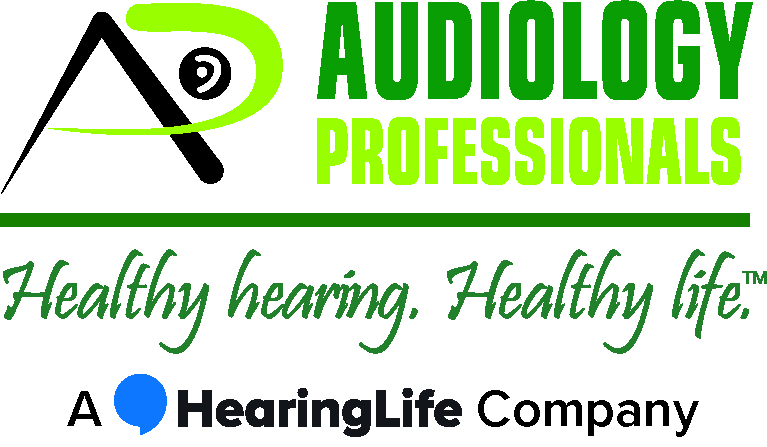National Men’s Health Week
National Men’s Health Week is in June. This is the best time to alert the men in your life of the benefits of modern hearing aid technologies. Many people don’t quite know just how much advancement has been made in hearing aids in recent years. It’s important to keep in mind that addressing and preventing hearing loss can have huge payoffs on and off the job and in relationships, all while increasing one’s quality of life.
In support of National Men’s Health Week, the Better Hearing Institute (BHI) and Audiology Professionals want to make men aware of how hearing loss can affect their lives, and the steps they can take to prevent and treat their condition. In order to help men get started on their path to better hearing, BHI is offering free, quick, and confidential online hearing checks at www.hearingcheck.org.
You might be asking yourself, “How does addressing hearing loss affect one’s quality of life?” Studies have shown that those who do address their hearing loss, through the use of hearing aids or other appropriate treatments, improve their quality of life because they live a more engaged, active, and social lifestyle at both work and at home.
Recently, a large sum of information has emerged on the connection between hearing loss and many common diseases affecting men. These include heart disease, diabetes, Alzheimer’s, depression, and kidney disease. Though more information is needed to clearly define the link between hearing loss and these diseases, now is best time to start preventative treatments.
Audiology Professionals wants men to remember there are some simple practices they can do to help protect their ears. Two easy things to implement include listening to music players only at a low volume and wearing earplugs in loud environments such as sporting events, concerts, or when using power tools and working on loud machines.
